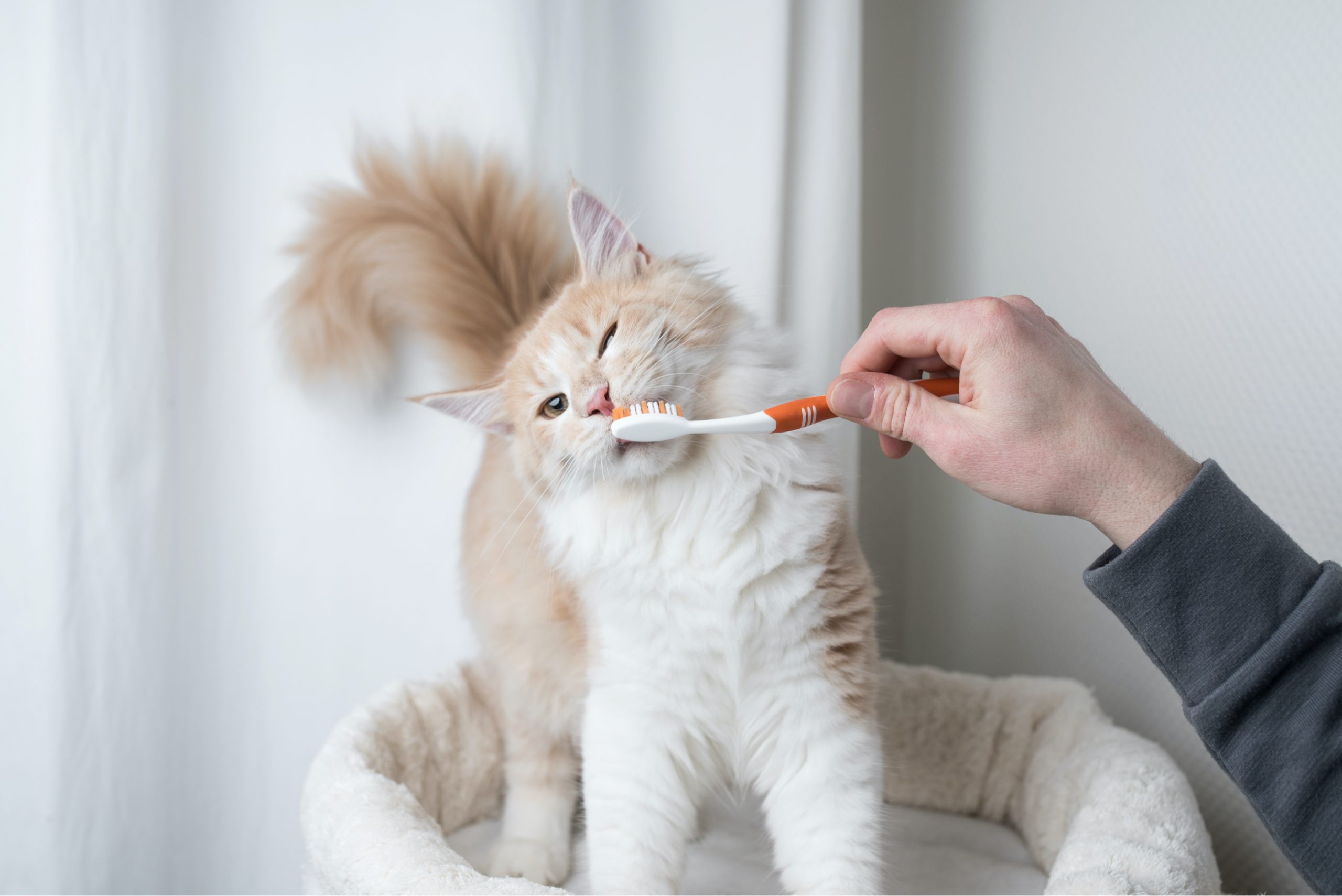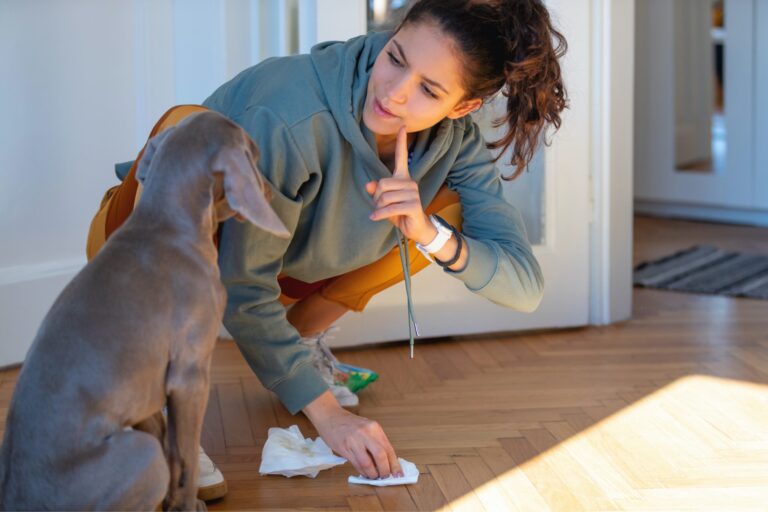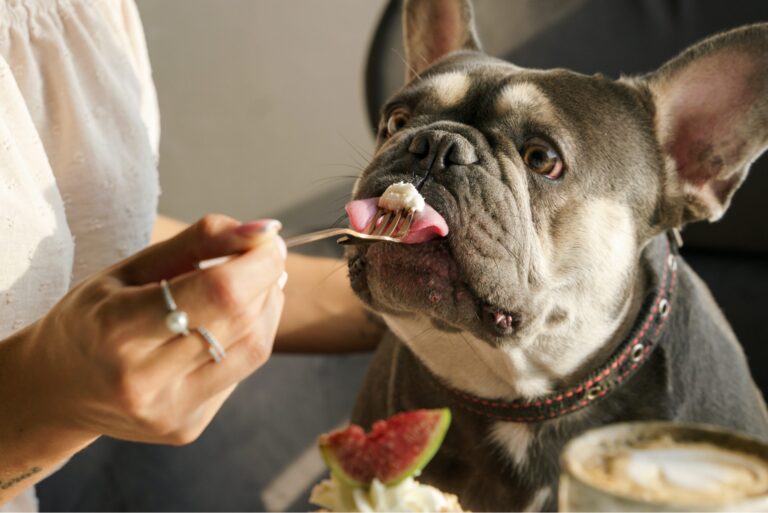- May 26, 2022
Healthy Dental Practices for Pets

Good dental care is crucial for the overall health of your pets, much like it is for humans. Poor dental hygiene can lead to a range of issues, from bad breath and tooth loss to more serious health problems such as infections and diseases affecting the heart, liver, and kidneys. In this post, we’ll dive into some healthy dental practices for pets that can help ensure your furry friends maintain their pearly whites and overall well-being.
The Importance of Dental Health in Pets
Dental health in pets is often overlooked, yet oral diseases are among the most common health problems in dogs and cats. By the age of three, most pets exhibit some signs of dental disease. This not only affects their mouth but can also lead to more severe systemic issues. Regular dental care can prevent these problems and contribute to a longer, healthier life for your pet.
Regular Dental Check-Ups
Just like humans, pets benefit greatly from regular dental check-ups with a veterinarian. These check-ups can help catch dental issues early on before they develop into larger problems. Your vet can perform professional cleanings, remove tartar and plaque, and check for any signs of dental disease.
At-Home Dental Care
- Brushing Teeth: Brushing your pet’s teeth is the cornerstone of good dental hygiene. Use a toothbrush designed for pets along with pet-safe toothpaste. Aim to brush their teeth daily, but if that’s not possible, try for several times a week.
- Dental Treats and Toys: There are numerous products designed to help reduce plaque and tartar buildup. Dental treats, chew toys, and dental diets can be effective tools in your pet’s oral hygiene routine. However, these should complement brushing rather than replace it.
- Water Additives and Gels: Certain water additives and gels can help reduce plaque buildup and freshen breath. These can be a good option for pets who resist tooth brushing.
Recognizing Dental Problems
Being aware of the signs of dental issues can help you catch and address problems early. Symptoms of dental disease in pets include:
- Bad breath
- Difficulty eating or loss of appetite
- Red, swollen, or bleeding gums
- Loose or missing teeth
- Pawing at the mouth or face
- Drooling, which may be tinged with blood
If you notice any of these signs, it’s important to consult your vet as soon as possible.
Professional Dental Cleanings
Despite the best at-home care, most pets will need a professional dental cleaning at some point. These cleanings, performed under anesthesia, allow the vet to thoroughly clean above and below the gumline, removing plaque and tartar, and identifying any hidden problems.
Diet and Dental Health
The diet can play a significant role in your pet’s dental health. Some pet foods are specially formulated to help reduce plaque and tartar buildup. Hard kibbles can be more effective at scraping away plaque than soft foods, which may stick to the teeth.
The Bottom Line
Dental care is an essential component of your pet’s overall health regimen. By adopting regular dental practices, you can help ensure your pet stays happy, healthy, and free from dental diseases. Remember, prevention is key, and early intervention can save your pet from discomfort and save you from costly treatments down the line. Always consult with your veterinarian to develop the best dental care plan for your furry friend.
Tags
What do you think?
Related Articles

Tick Removal and Prevention Tips
Most ticks have a preferred host at different stages of their lives, such as deer or mice…

Training Your Dog With Healthy Dog Training Treats
Training your furry friend is an essential part of pet ownership, promoting not only good behavior but also a strong bond between you and your

The Benefits of Limited Ingredient Dog Food
In the world of canine nutrition, limited ingredient dog food has become increasingly popular among pet owners seeking simpler, more natural diets for their furry